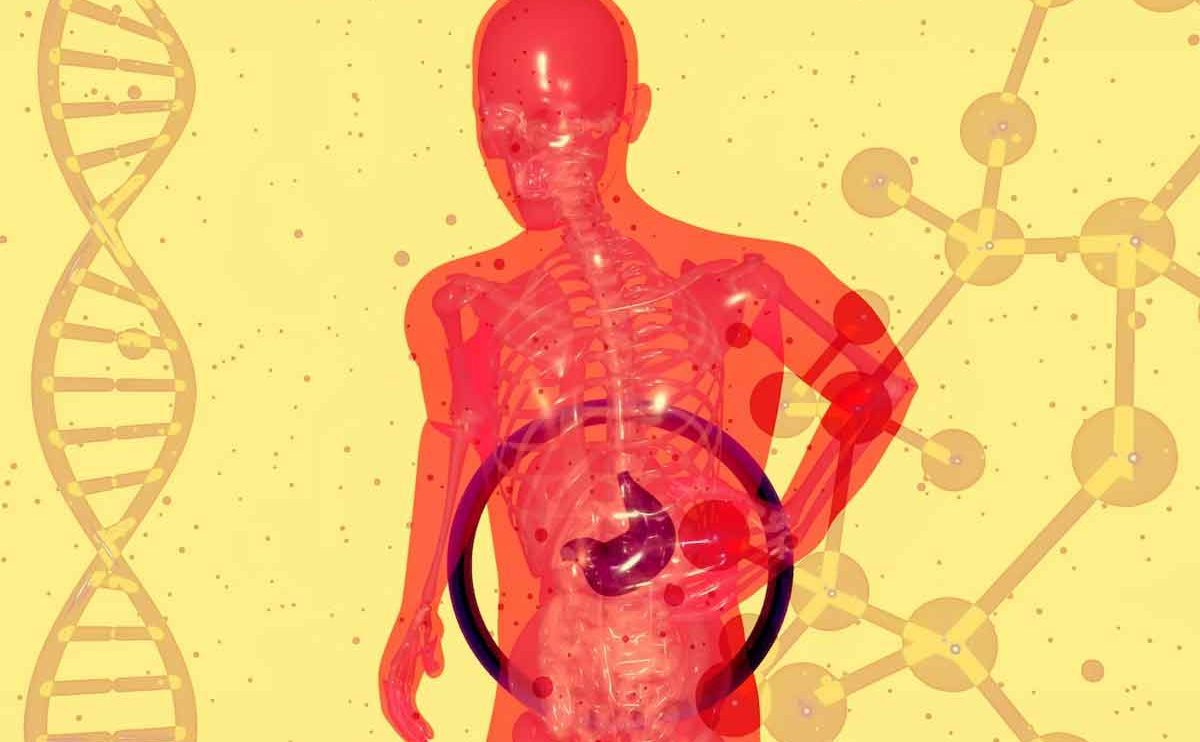Hepatitis has one of the characteristic symptoms, which is jaundice. If you talk about hepatitis, the question may arise “can it be cured?”. To know the answer, see the explanation in the following article.
Hepatitis is a term for inflammation of the liver. This condition is caused by infection with the hepatitis virus. However, some conditions such as consumption of tuberculosis drugs, alcohol addiction, or exposure to chemicals, can also trigger hepatitis. Ada 5 jenis hepatitis yang disebabkan oleh infeksi virus, yaitu hepatitis A, B, C, D, dan E.
Facts Of Healing People With Hepatitis
Because hepatitis is generally caused by a viral infection, you need to know first, how the hepatitis virus can infect the human body. Each type of hepatitis has its own way of transmission.
For example, hepatitis A is a type of liver inflammation whose transmission of the virus most often occurs through food contaminated with the hepatitis A virus. Therefore, this disease is classified as fast spreading and prone to infect all age groups, especially children.
Meanwhile, hepatitis B and C viruses live in body fluids, for example, blood or semen. So that this path of transmission of hepatitis occurs through unprotected sexual intercourse, the use of alternating syringes. Pregnant women who have hepatitis B or C can also transmit this viral infection to the fetus.
For hepatitis D, the virus can only develop if there is a hepatitis B virus, so this disease can only occur if a person has had hepatitis B before.
Well, a different story with hepatitis B, C, and D, hepatitis E is actually transmitted through water contaminated with the hepatitis E virus. Usually, this disease often occurs in areas with poor sanitation or drinking water sources contaminated with the feces of hepatitis E sufferers.
The question is, can hepatitis be cured? The answer is, you can. However, there are some things that need to be considered before immediately confirming this.
So, for hepatitis A and hepatitis E, both are acute and can heal completely within 4-8 weeks and very rarely cause serious liver damage. In order to recover quickly, doctors usually recommend hepatitis A and E patients to rest and increase fluid intake.
Meanwhile, hepatitis B and C can also be cured, as long as the immune system is able to fight viral infections in the acute phase, or less than 6 months. If it fails, the condition will turn into chronic hepatitis, which is at risk of further complications, such as cirrhosis, liver cancer, to liver failure.
Treatment and Prevention of Hepatitis
Hepatitis that can be cured and hepatitis that can not be cured have different ways of handling. Here’s the explanation:
Hepatitis can be cured
In most cases, hepatitis A and E can be completely cured after 4-8 weeks of infection. To stop inflammation, people with hepatitis A and E are advised to rest and limit daily activities, consume plenty of fluids, and eat a balanced nutritious diet that is guaranteed cleanliness.
People with hepatitis A and E should also avoid things that can cause damage to the liver, such as smoking and consuming alcoholic beverages. If you want to take certain medications, for example, paracetamol, you should consult your doctor first.
After being declared cured, hepatitis prevention measures must be taken so you do not become infected again. There are several ways that can be done, including:
- Do not drink water or ice cubes that have not been guaranteed cleanliness
- Not eating raw foods, such as shellfish or meat
- Wash hands thoroughly before eating or preparing food
To prevent hepatitis A, you can also get vaccinated against hepatitis A. Unfortunately, vaccination for hepatitis E is still in the process of development, so it is not yet available in any country. Even so, there is no need to worry because actually the core of preventing hepatitis A and E is hygiene.
So, always make sure the food or drink consumed is guaranteed clean if it can be processed yourself at home. In addition, choose a residential environment that has good sanitation, to minimize the risk of drinking water pollution.
Hepatitis cannot be cured
For hepatitis that cannot be cured, namely hepatitis B, C, and D, which are chronic, the initial treatment is carried out by monitoring liver function and the number of viruses at regular intervals. This is done to see if the immune system can still fight the hepatitis virus that attacks the body or not.
If liver function declines and the number of viruses increases, the doctor will prescribe antiviral drugs. This antiviral works by fighting the virus and slowing the virus’s ability to damage the liver. Contoh obat antivirus untuk hepatitis B adalah lamivudine, telbivudine, dan adefoir.
While money antiviral drugs commonly prescribed for hepatitis C is sofosbuvir or a combination of elbasvir and grazoprevir. For hepatitis D, there is currently no cure, so doctors will usually prescribe pegylated interferon alfa (peg-IFNa).
The above drugs need to be taken for a certain period of time, in order to be effective against viral hepatitis. That way, the risk of complications, such as cirrhosis or liver cancer can be reduced.
Well, so that the body is not infected with the hepatitis B, C, and D viruses, you need to apply some preventive measures such as the following:
- If you are already sexually active, have safe sex without changing sexual partners.
- Make sure you and your partner have been tested for hepatitis before having sex.
- Use a new condom every time you have sex.
- Avoid sharing personal items with others.
- Never share syringes.
- Use gloves when touching open wounds on someone else’s body.
In addition, you are also encouraged to do hepatitis B vaccination to prevent hepatitis B virus infection as well as hepatitis D. Unfortunately, until now there is no vaccine that can prevent hepatitis C virus infection, just like hepatitis E.
Up here it’s clear, yeah. There is hepatitis that can be cured or acute, namely hepatitis A, E, and B acute, and there is also hepatitis that can not be cured or chronic, namely chronic hepatitis B, C, and D.
If you have recovered from hepatitis A or E, do not forget to apply preventive measures, so that the hepatitis virus does not attack again.












Add Comment